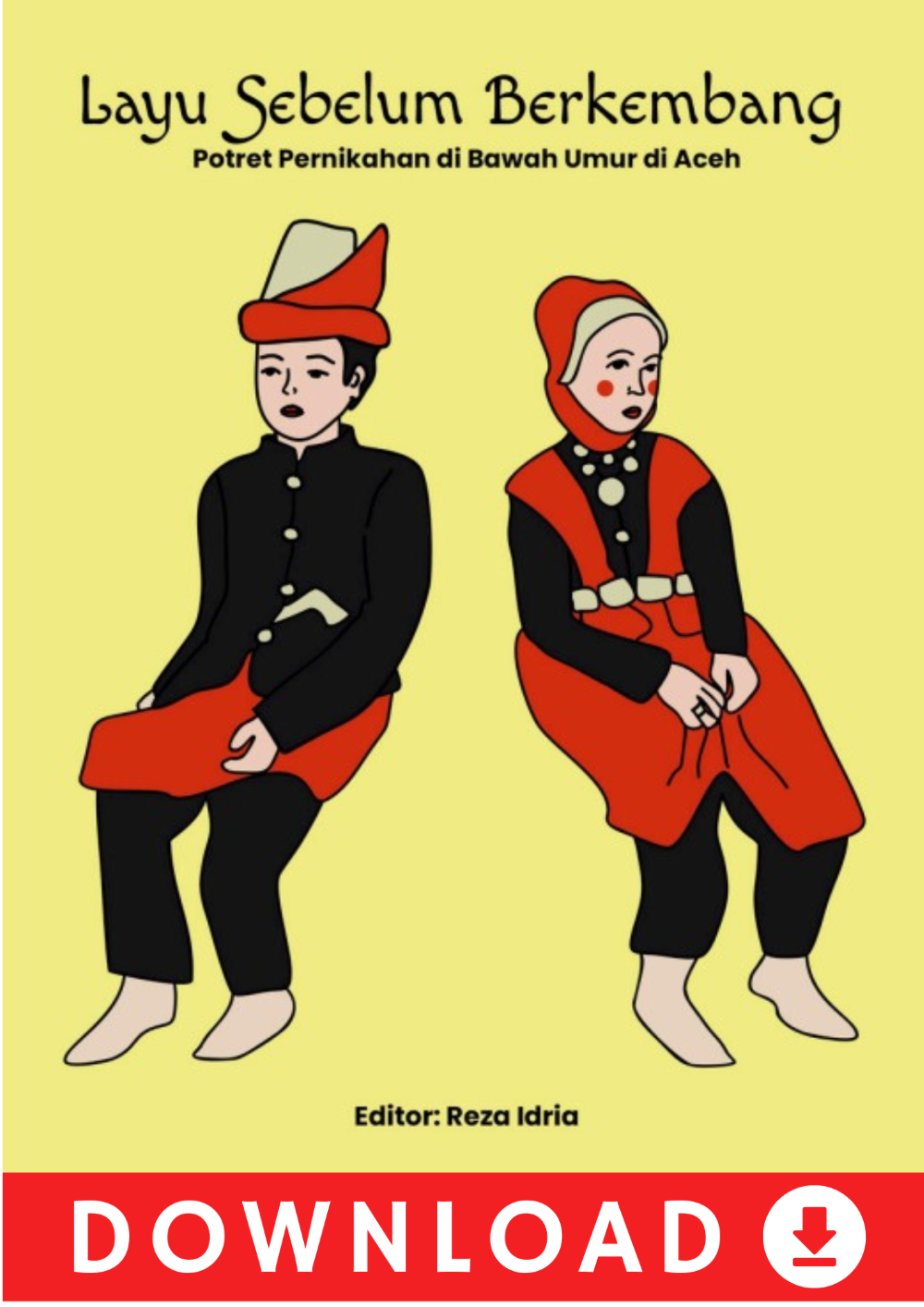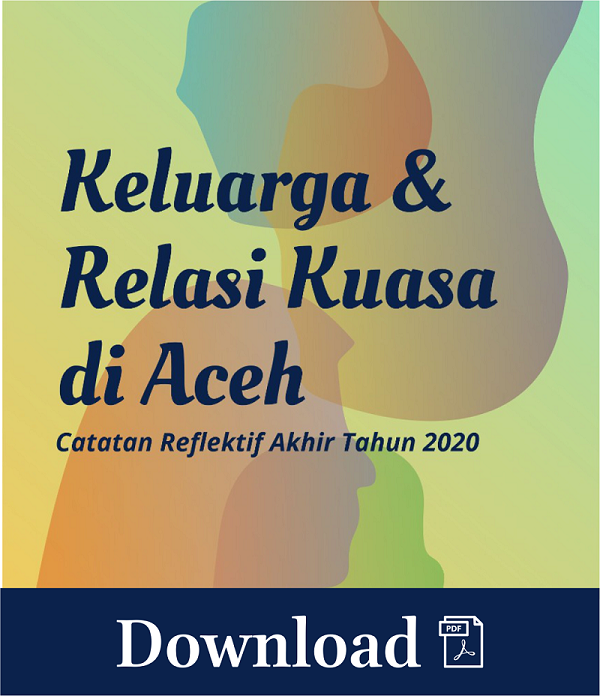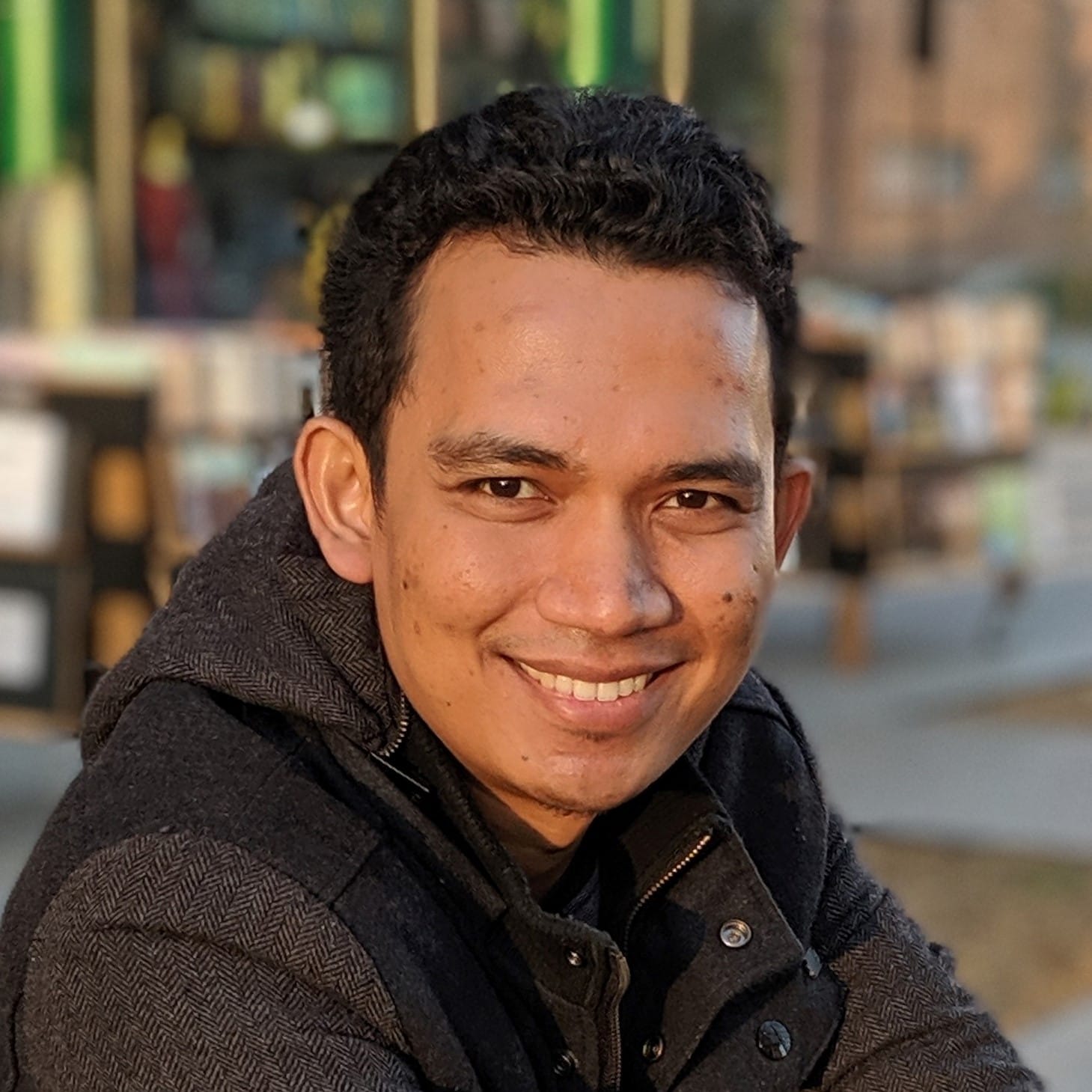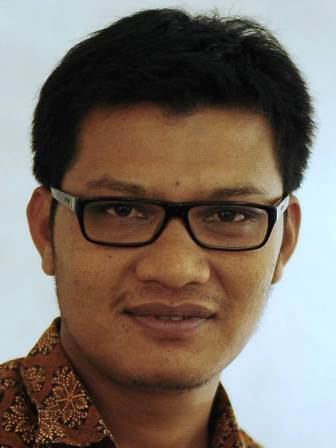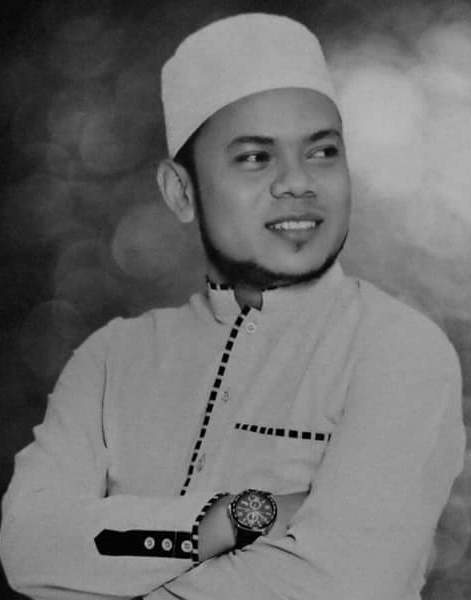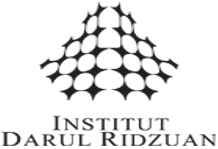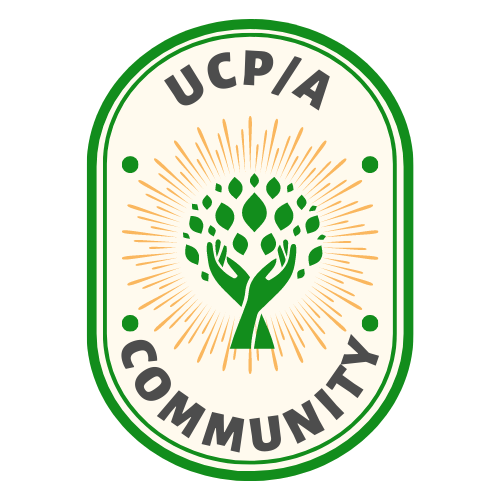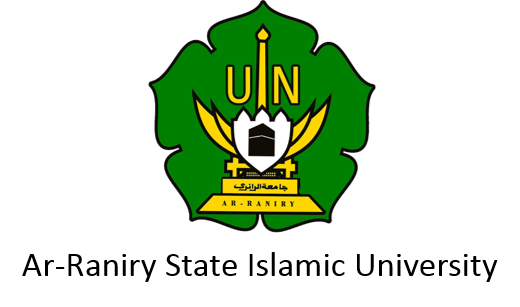Notulensi oleh Ariane Boulanger
Sacred Aid : Faith and Humanitarianism in Disaster Management in Indonesia
Speaker: Muhammad Riza Nurdin, PhD candidate in Australia

M. Riza Nurdin is doing research on social capital and (“sacred”) aid: civil society organizations (CSOs) in Indonesian Disaster Recovery. This presentation will focus more specifically on the third chapter of his thesis: civil society and sanctification of aid. He bases himself on the assumption the faith-based and secular CSOs “operate within the same legal and political framework of secular civil society” but the former differ because of their religious motives, moral duty and divine incentive (Berger 2003, pp. 19-20). Both CSOs and FBOs compete each other in their service and fund raising (Barnett and Stein 2012). The sanctification of aid is the “creation of the sacred, establishment and protection of a space that is viewed as pure and separate from the profane (Barnett and Stein 2012). He is wondering in this chapter if competition between CSOs and FBOs also happens in Indonesia.
The Humanitarian Forum Indonesia, founded in 2008, make a census of Indonesia’s main FBO: Dompet Dhuafa, Mdmc, Karina, ACE/PPKM, World Vision, YEU, YTB, PKPU, Church World Service, Habitat for Humanity, Rebana Indonesia, Oikumene, Rumah Zakat and also ACT, Al-Azhar, Islamic Relief, LPBINU, MPBI & Muslim Aid.focus more specifically on the third chapter of his thesis: civil society and sanctification of aid. He bases himself on the assumption the faith-based and secular CSOs “operate within the same legal and political framework of secular civil society” but the former differ because of their religious motives, moral duty and divine incentive (Berger 2003, pp. 19-20). Both CSOs and FBOs compete each other in their service and fund raising (Barnett and Stein 2012). The sanctification of aid is the “creation of the sacred, establishment and protection of a space that is viewed as pure and separate from the profane (Barnett and Stein 2012). He is wondering in this chapter if competition between CSOs and FBOs also happens in Indonesia.
Making « sacred » : aid santification
What is distinctive about FBOs? According to James (2009) there are numerous criterion that differentiate them from secular CSOs.
- Their structural affiliation and governance
- LBPI is affiliated with NU
- MDMC with Muhammadiyah
- Rebena with Baptis Churches
- The values and motivation of staff
- Staff from Wahana Visi Indonesia talked about “Allah’s kingdom” that is internalized in their response
- Staff from Dompet Dhuafa refered to ta’awun
- Their organisational culture
- Dompet Dhuafa organizes pengajian: Islamic teachings
- There are church based FBOs
- Their mission and tendency to proselytization
- FPI was reported to do such practices during the 2014 Sinabung eruption
- They have faith practices and teaching in programmes such as Tabanni Mashalih Unnat of Hizbut Tahrir Indonesia
- Strategy and theory of developments
- FORMULA: Food, Religion, Medic and Livelihood Aid of Al-Azhar Peduli Umat combating Riba (Dompet Dhuafa)
- Choices of beneficiaries and partners
- Mustahiq for zakat-fund
- Constituency and sources funding
- Zakat, perpuluhan
- The managerial positions are restricted to people from the same religion
- There is global network of some FBOs

Interfaith “sacred” humanitarianism
HFI is a hub for interfaith humanitarian works (coordination & collaboration). There are various examples of it happening. For the 2010 Merapi Eruption, 577 Muslim IDPs were relocated at Banteng Catholic Church in a project ran by Protestant YEU. On the same year for the Wasior flood, Dompet Dhuafa was based in a catholic church and MDMC at a Protestant one. For the 2013 Gayo Earthquake, praying kits (sarung, koko and mukena) were distributed by DD but coming from Rebana.
It is often said that interfaith collaboration (Catholic/NU or Protestant/Muhammadiyah) works better than intra-faith (Catholic/Protestant or NU/Muhammadiyah).
Mixing “sacred” with “secular”
How does Disaster Resource Partnership work in Indonesia?

The Humanitarian Forum International, based in London, has a wide network
Preliminary conclusion
Indonesian CSOs and particulary FBOs play dominant roles in all the phases of disaster management, making most of aid as “sacred”. However how sacred is “sacred” is contested and blurred particulary in interfaith humanitarianism and collaboration with secular DM actors. Religious CSOs have stronger and more stable “social capital” (social network) than the secular CSOs and in some case than government (Berger 2003), and this argument is applicable to Indonesia. However, unlike in the West and some other countries, Indonesian prominent FBOs tend to cooperate in the field.
Questions
About proselytes actions: most big FBOs denies doing so. Indeed, it is mostly small organizations that have been reported doing such actions.
Imposition of “western” values by the UN? Cultural shock, they didn’t respect jumat or magrib. There is obviously no free lunch but doesn’t mean they try to impose their values.


